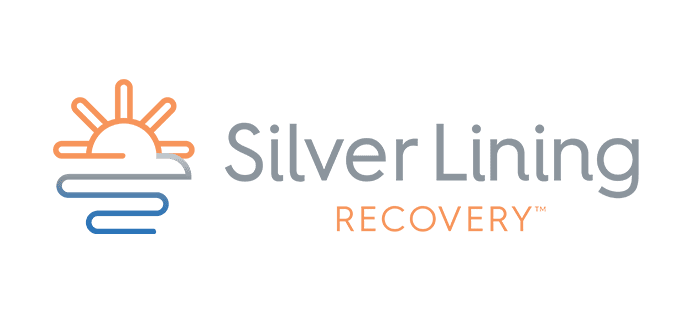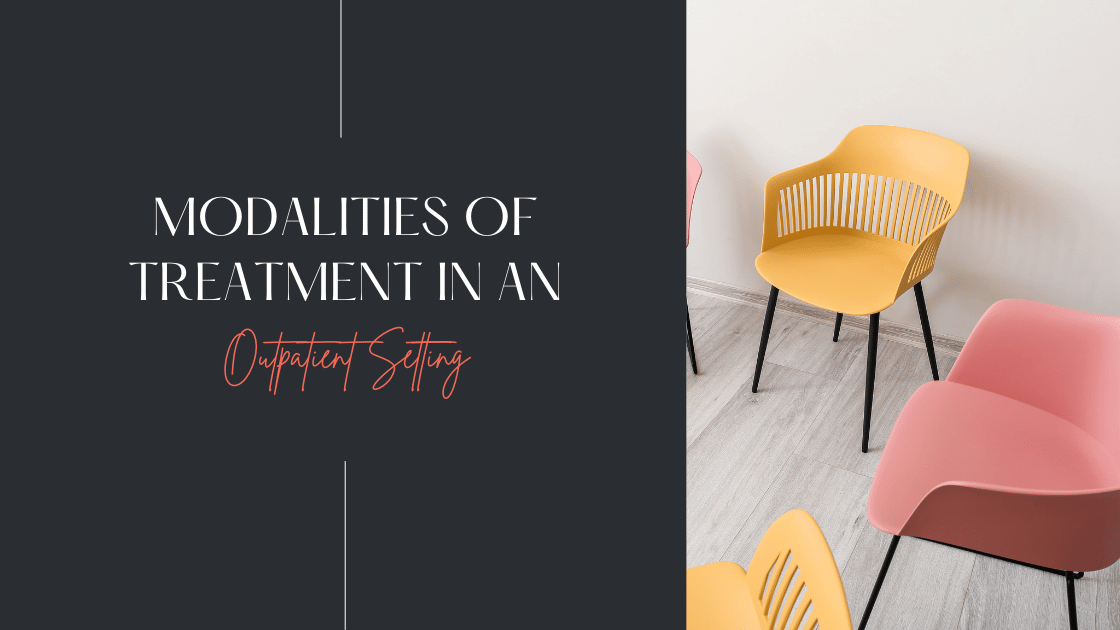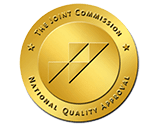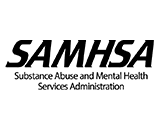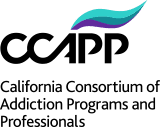What exactly is the definition of a treatment modality? Treatment modalities can simply refer to the approach or form by which treatment is administered to a patient. However, let’s examine this concept deeper below!
Treatment modalities for substance abuse or treatment methods are how administrative health professionals treat a patient with a substance use disorder or dual diagnosis. In this piece, we’ll concentrate on the treatment modalities used in an outpatient setting for people in recovery.
What is Outpatient Rehabilitation?
Outpatient rehab is a type of drug and alcohol treatment that enables patients to continue working or attending school while still living at home (or in another safe and therapeutic setting, such as sober living.) Clients in outpatient rehab go to a treatment facility, hospital, mental health clinic, or behavioral counselor regularly at scheduled times for therapeutic sessions. Evening and weekend sessions are available in our outpatient rehab program, making it simpler for people to combine treatment needs with the demands of personal, familial, and professional commitments.
Outpatient recovery programs come in a variety of degrees of severity. Outpatient therapy may also take place in various venues, including drug addiction treatment centers, community health clinics, mental health clinics, hospital-affiliated clinics, office settings, or residential homes with outpatient clinics.
In general, outpatient drug and alcohol therapy for substance abuse recovery is helpful because of its flexibility and lower cost. It is typically as successful as inpatient treatment. Although undergoing therapy as an outpatient may not be the suggested treatment method at first, most people in recovery discover that they need to shift to outpatient treatment at some point.
Outpatient Rehabilitation: What are the Different Types?
Outpatient therapy comes in a variety of degrees of severity, including:
Partial Hospitalization Programs (PHPs)
This is referred to as “day therapy” on occasion. These programs have an interdisciplinary team that includes medical and clinical support staff who are qualified to treat patients with complex or unstable medical or psychiatric conditions and who require a high level of medical or mental health care but do not require 24-hour supervision.
PHP programs generally provide at least 20 hours of rigorous therapy per week to patients who need daily (or near-daily) monitoring in a controlled environment. Clients will be treated for their problems and will be able to return home or to another living arrangement every night.
Intensive Outpatient Programs (IOPs)
These programs, like PHPs, have a multidisciplinary team of providers, but they have less medical and clinical assistance. Patients often attend therapy for 9 to 20 hours each week. Outpatient programs are meant to give clients the same rigorous treatments they would get in an inpatient setting while still granting them the freedom to go home each night.
Standard Outpatient Programs (OPs)
This sort of treatment assists patients in changing their substance-abusing behavior. Medical services are limited, if at all, at this level of care (although standard outpatient programs typically link patients to more intensive services as needed). Each week’s therapy comprises less than 9 hours of treatment.
People generally move from a higher level of care, like inpatient treatment or a PHP, to a lower one, like an intense outpatient program. Movement is decided by treatment progress and considers whether or not a patient is ready to live freely. Similarly, a greater degree of care intensity, such as that provided in an IOP, PHP, or inpatient program may be required if someone is suffering in traditional outpatient treatment.
Outpatient Treatment With Behavioral Therapies
A range of therapeutic strategies may be used in inpatient and outpatient rehab programs to address drug use problems. Based on the treatments given by the treatment program, a patient’s specific treatment plan will determine which therapies are employed. The following are some of the most common behavioral treatments utilized in outpatient rehab:
Cognitive-Behavioral Therapy
This program focuses on teaching and practicing coping skills, analyzing desires, avoiding triggers, and finding and implementing alternative coping techniques when presented with high-risk circumstances that might lead to relapse.
Contingency Management
Small prizes are given as positive reinforcement for desired behavior, such as attending treatment regularly and being clean.
Community Reinforcement Approach Plus Vouchers
This program includes counseling aimed at teaching the skills required to decrease or quit drug use, enhance family and social connections, promote healthy hobbies, and rewards that grow in value as reinforcement of positive behaviors.
Therapy for Motivational Improvement
This may aid in the resolution of conflicting sentiments regarding sobriety and therapy. Counseling can assist you in increasing your drive and confidence in your capacity to make good changes and improve your coping abilities.
The Matrix Model
This program educates people about drug use disorders and rehabilitation, encourages people to attend self-help meetings, and fosters sobriety by teaching relapse prevention methods, providing social support in groups, and giving family therapy sessions.
Twelve-Step Facilitation Therapy
This includes important methods from self-help/mutual aid support organizations like Alcoholics Anonymous into individual and group therapy and 12-step meetings. This may aid in forming a sober support network and the maintenance of abstinence.
Behavioral Treatment for Families
This includes the family or at least one significant other in the therapy process, enabling a range of difficulties in the home setting to be addressed in addition to drug abuse. Family relationships, mental health disorders, vocational issues, and concerns about the care and treatment of children in the home are just a few examples. Family members may be required to participate in sessions, and awards may be offered if objectives are accomplished.

Outpatient Drug and Alcohol Treatment in Huntington Beach, CA
There are many different modalities of treatment available for people struggling with addiction. The best approach for you or your loved one will depend on many factors, including the severity of the addiction and any underlying mental health conditions. However, all modalities have one thing in common: they offer hope for a better tomorrow. If you or someone you know is struggling with addiction near Huntington Beach, CA, reach out to Silver Lining Recovery today for help today by calling 866-681-0927.
